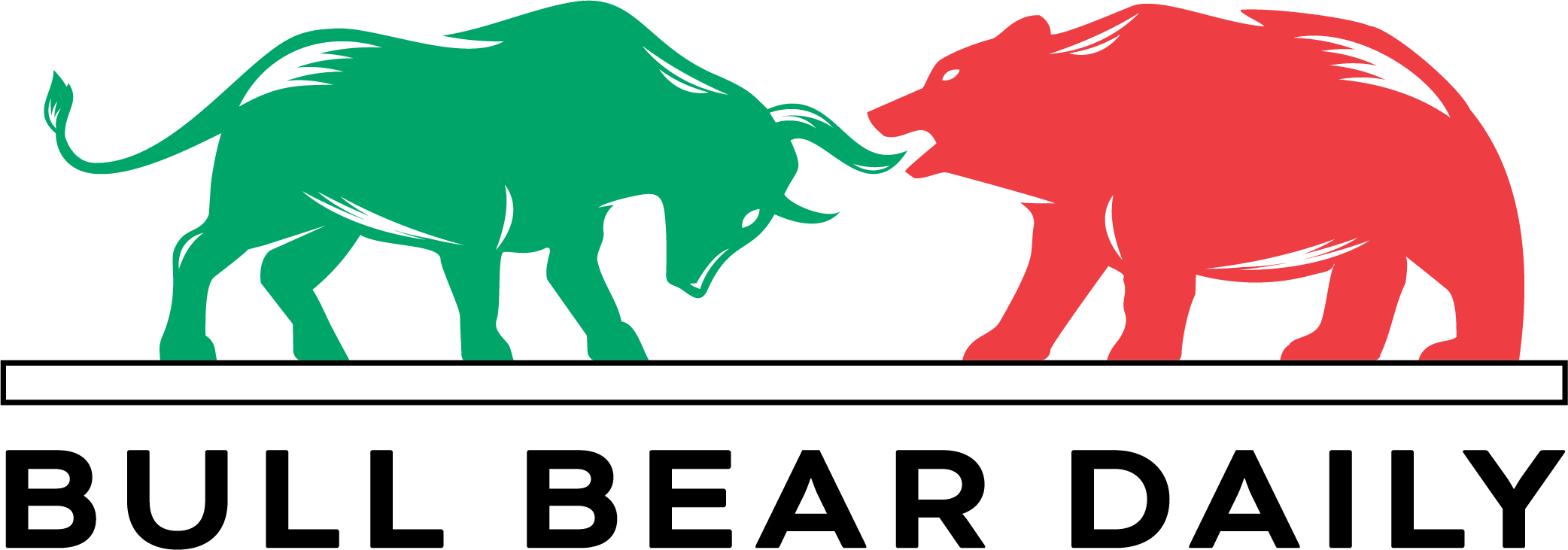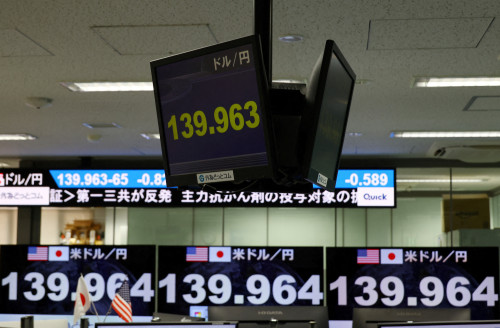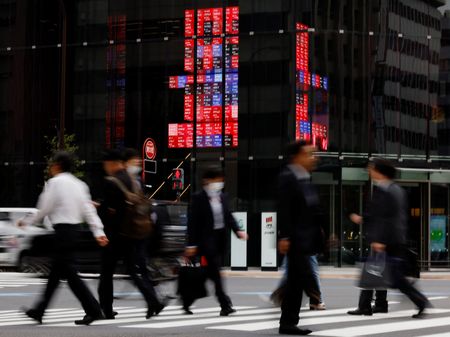By Leika Kihara
WASHINGTON (Reuters) -Japanese and U.S. finance chiefs meet on Thursday for high-stakes talks on exchange rates that have drawn market attention as a venue where Washington could pressure Tokyo to prop up the yen and help it reduce the huge U.S. trade deficit.
As the two countries proceed with separate bilateral talks on tariffs, the thorny currency rate topic has been set aside for Japanese Finance Minister Katsunobu Kato and U.S. Treasury Secretary Scott Bessent to discuss in Washington – the first face-to-face talks between the two.
U.S. President Donald Trump’s focus on addressing the trade deficit, and his past remarks criticizing Japan for intentionally maintaining a weak yen, have led to market expectations that Tokyo will face pressure to strengthen the yen’s value against the dollar and give U.S. manufacturers a competitive advantage.
Such expectations have pushed up the yen against the dollar by about 9% since Trump’s return to office in January.
Bessent has also said he was looking forward to discussions with Japan on tariff, non-tariff barriers and exchange rates.
So far, Japan has revealed little on its strategy, saying it will negotiate with the U.S. based on a shared understanding that currency rates should be set by markets, and that excessive market volatility would have an adverse impact on growth.
“The only thing I can say is that we will actively exchange views based on Japan’s basic stance” on currencies, Kato told Reuters last week, when asked what he may discuss with Bessent.
But sources have told Reuters that Japanese policymakers see little scope for direct action such as currency intervention or an immediate interest rate hike by the central bank.
HEIGHTENED UNCERTAINTY
Japan’s latest foray into the exchange-rate market was in 2024, when it bought yen to prop up the currency from a nearly three-decade low of 161.99 to the dollar hit in early July.
With broad-based dollar declines already having pushed up the yen to around 140 per dollar, Japanese officials are wary of taking steps to further strengthen the currency for fear of narrowing exporters’ margins at a time of tariff strains.
The hurdle is even higher to use Japan’s monetary policy as a means to prop up the yen. The Bank of Japan is in no mood to rush into hiking rates at a time Trump’s tariffs threaten to derail Japan’s fragile economic recovery.
For Japanese finance authorities, the focus would be to avoid being forced to make explicit exchange-rate commitments as part of a broader bilateral trade deal, as doing so could tie their hands in dealing with sharp moves in the yen.
Bessent said on Wednesday the U.S. does not have specific currency targets in mind as part of bilateral trade talks with Japan, offering some relief for Japan.
In a sign of Japan’s sensitivity over exchange rate moves, Kato said he told a meeting of G20 finance chiefs on Wednesday that U.S. tariff measures have heightened uncertainty, destabilized markets including currency rates, and hurt growth.
“The G20 must monitor developments carefully, exchange information, and coordinate in responding nimbly to maintain economic and market stability,” Kato told a news conference after attending the G7 and G20 finance leaders’ meetings in Washington.
The meeting between Kato and Bessent on Thursday afternoon will be followed by a scheduled visit to Washington by Japan’s top trade negotiator Ryosei Akazawa next week for a second round of bilateral trade talks.
(Reporting by Leika Kihara; Editing by Dan Burns and Andrea Ricci)





